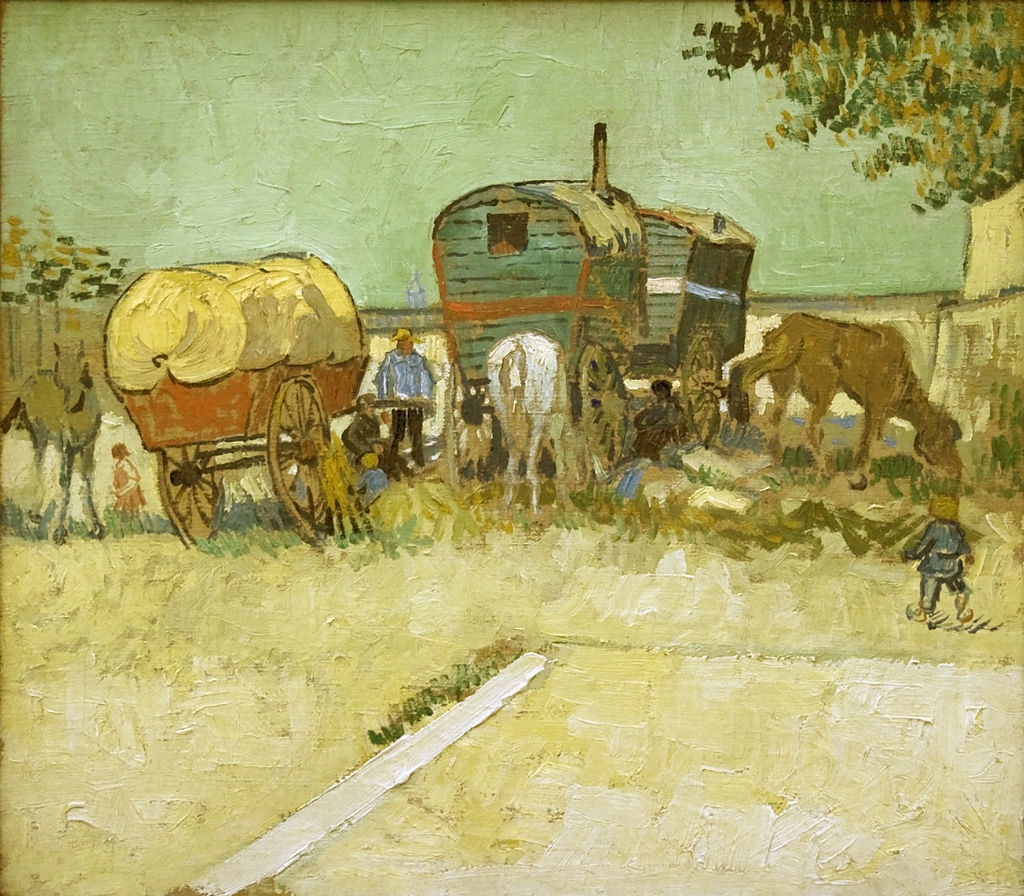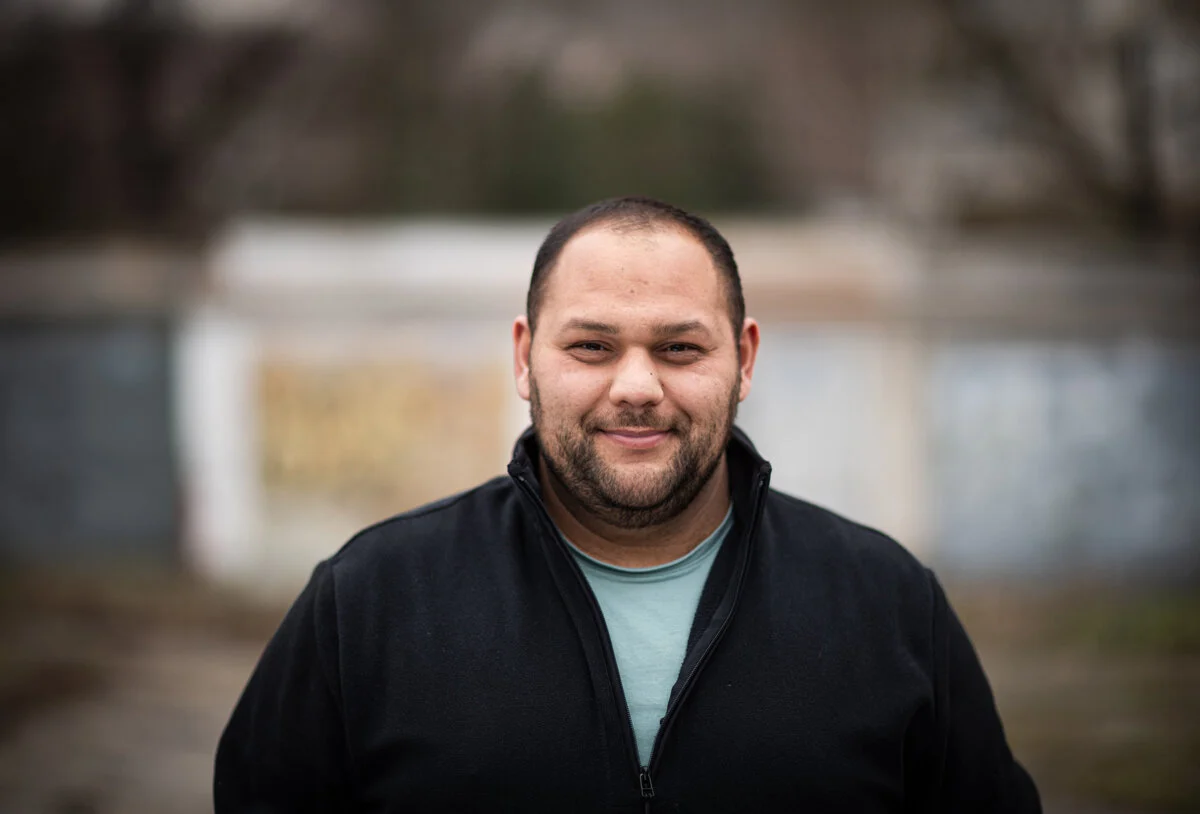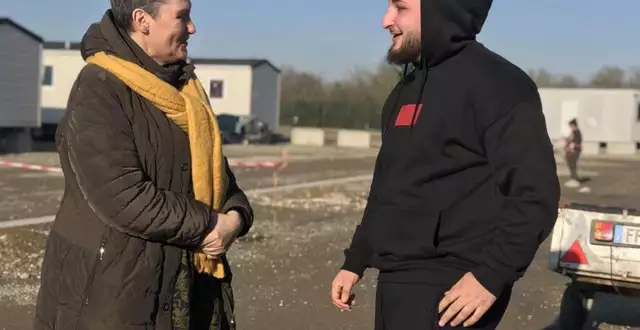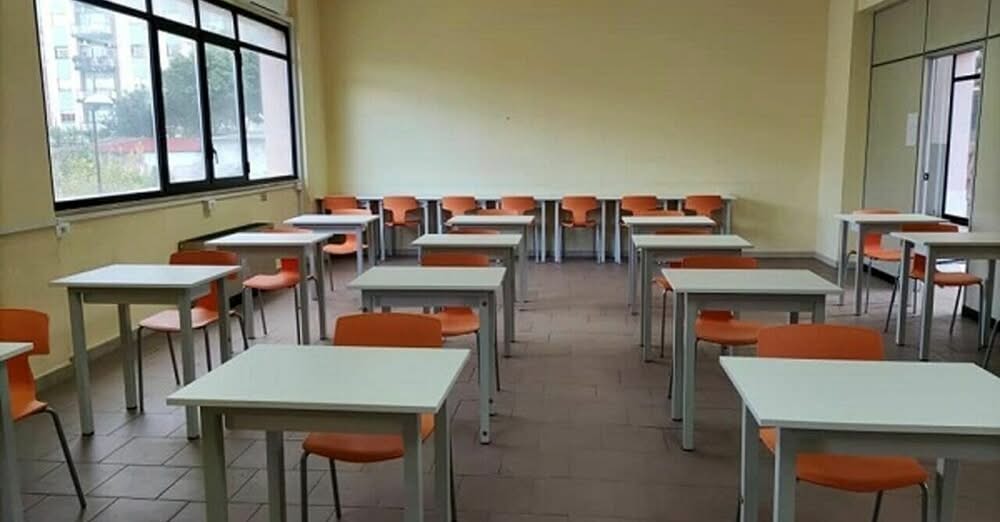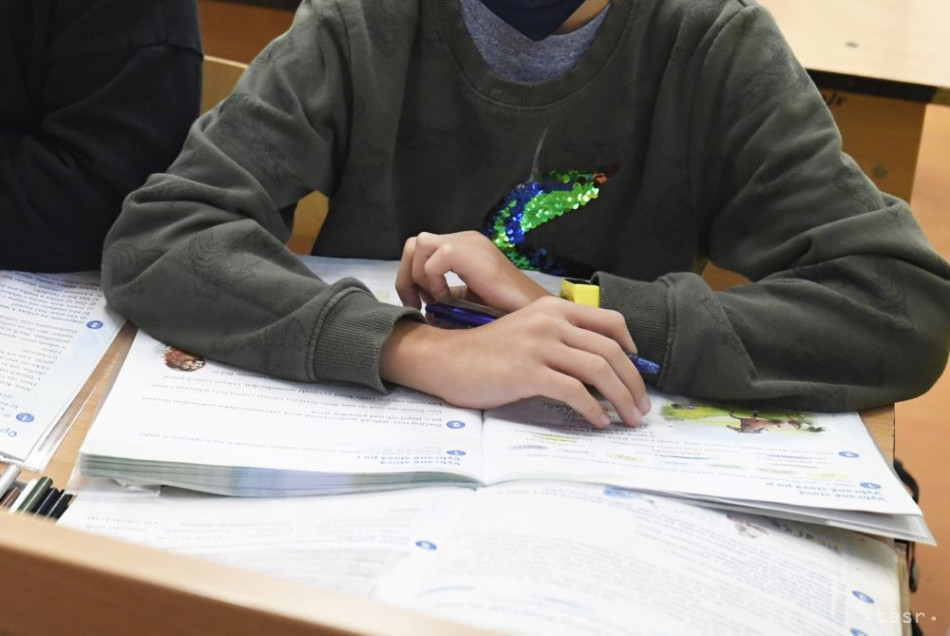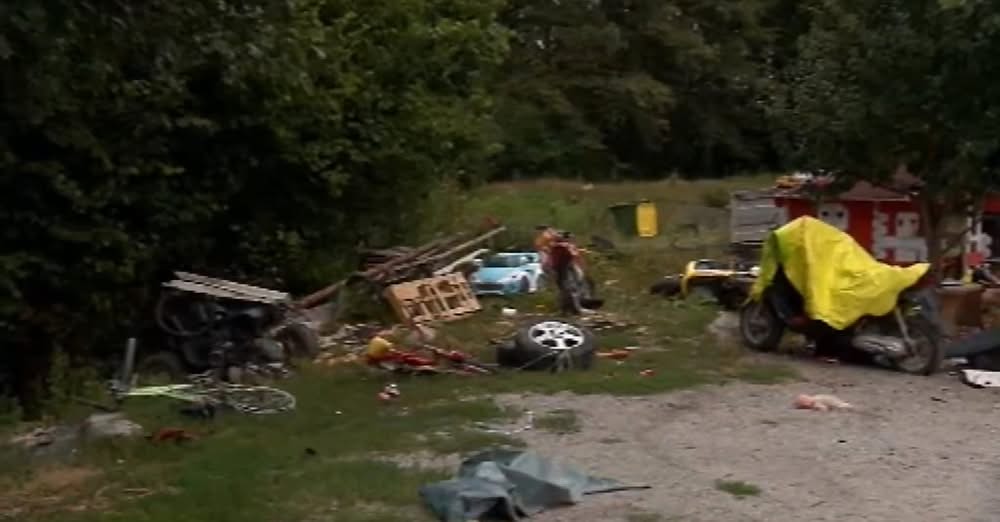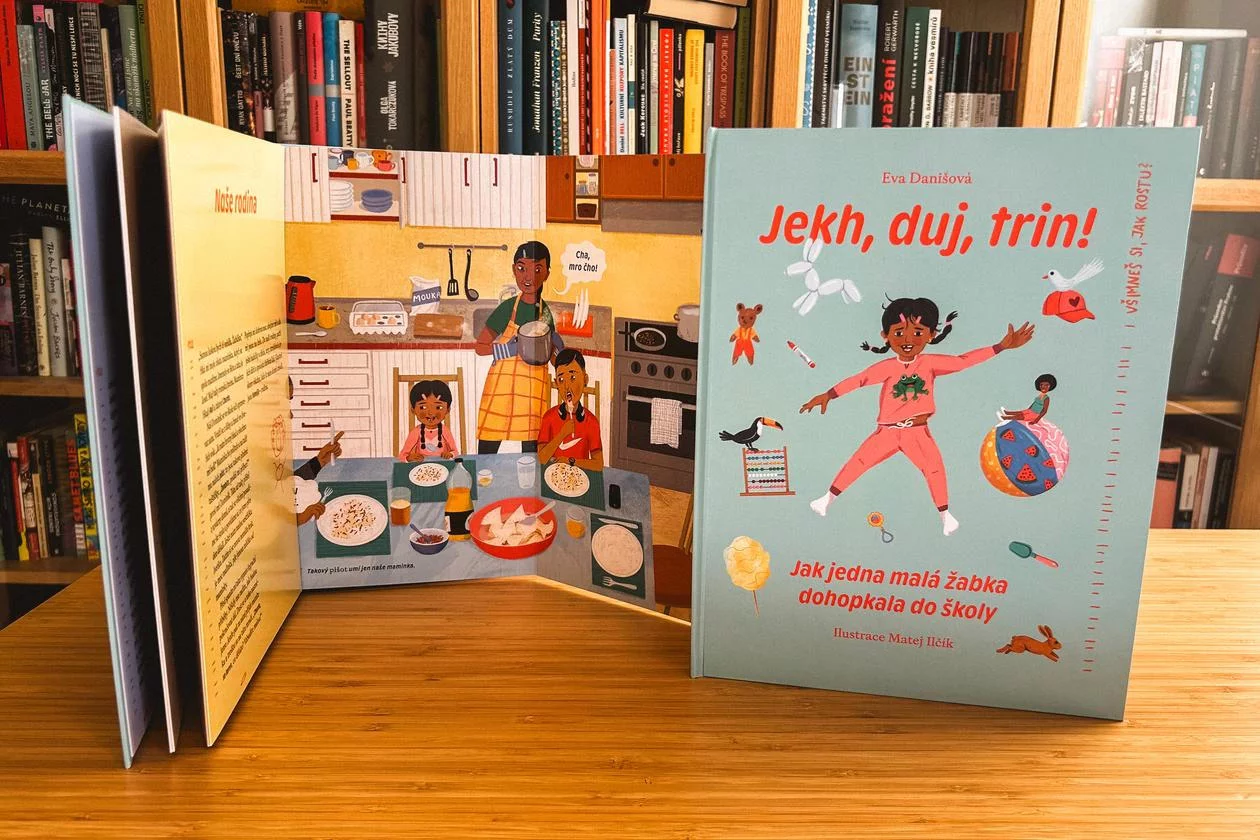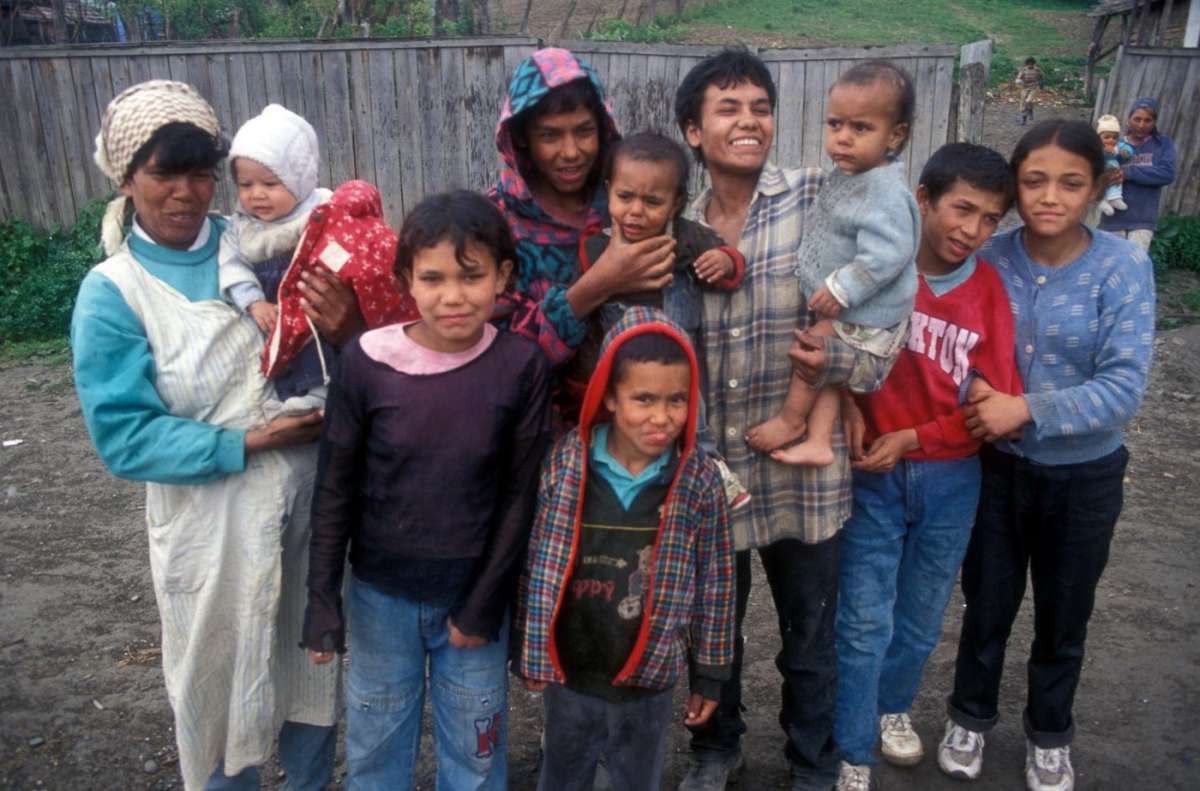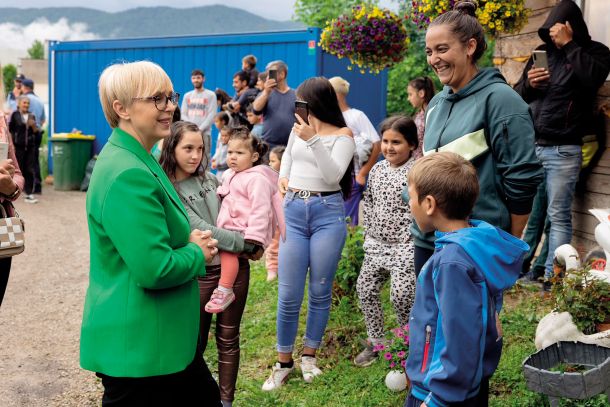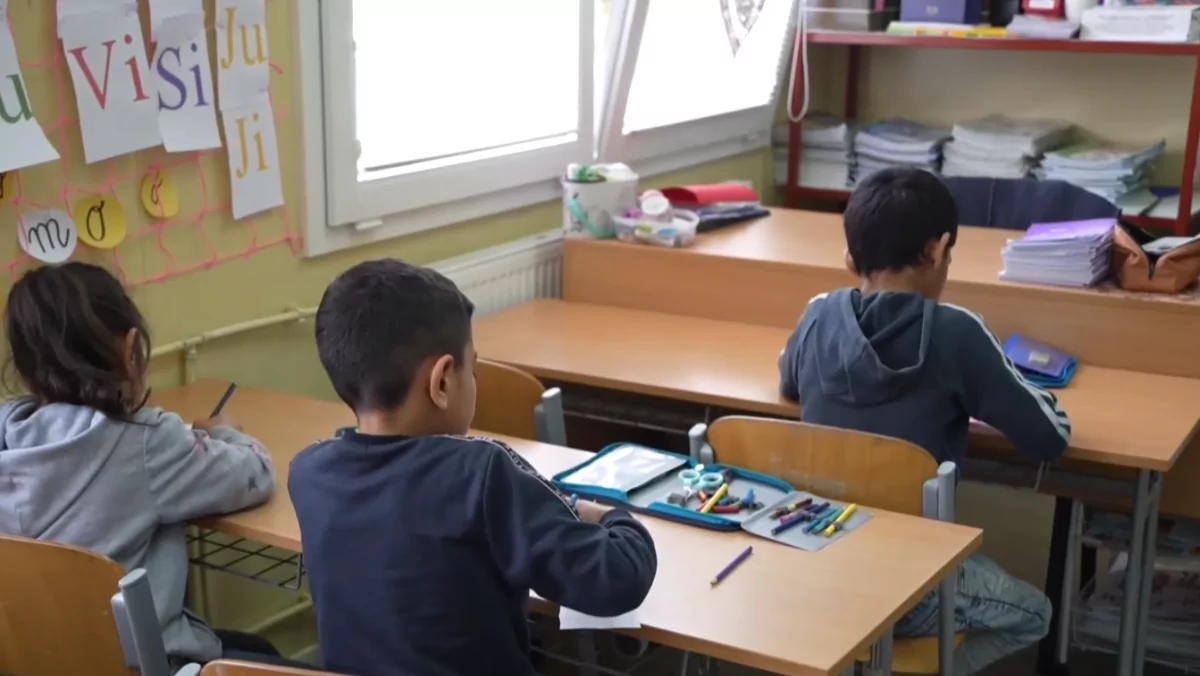In discussions about the Roma community, there are constant warnings about the need to improve the educational picture. Available estimates on the involvement of Roma in education show that the gap between Roma and the majority population is very large. Despite this, the situation has been slowly improving in recent years, and there are big differences within the Roma community. There is no official data.
“The myth that Roma are uneducated is not true,” Jože Horvat Muc, president of the Roma Association, told STA. As he estimated, there are “quite a few Roma who are educated” in Prekmurje. In the southeast of the country, however, the reality is different, as there are more Roma who do not finish school, he admitted.
